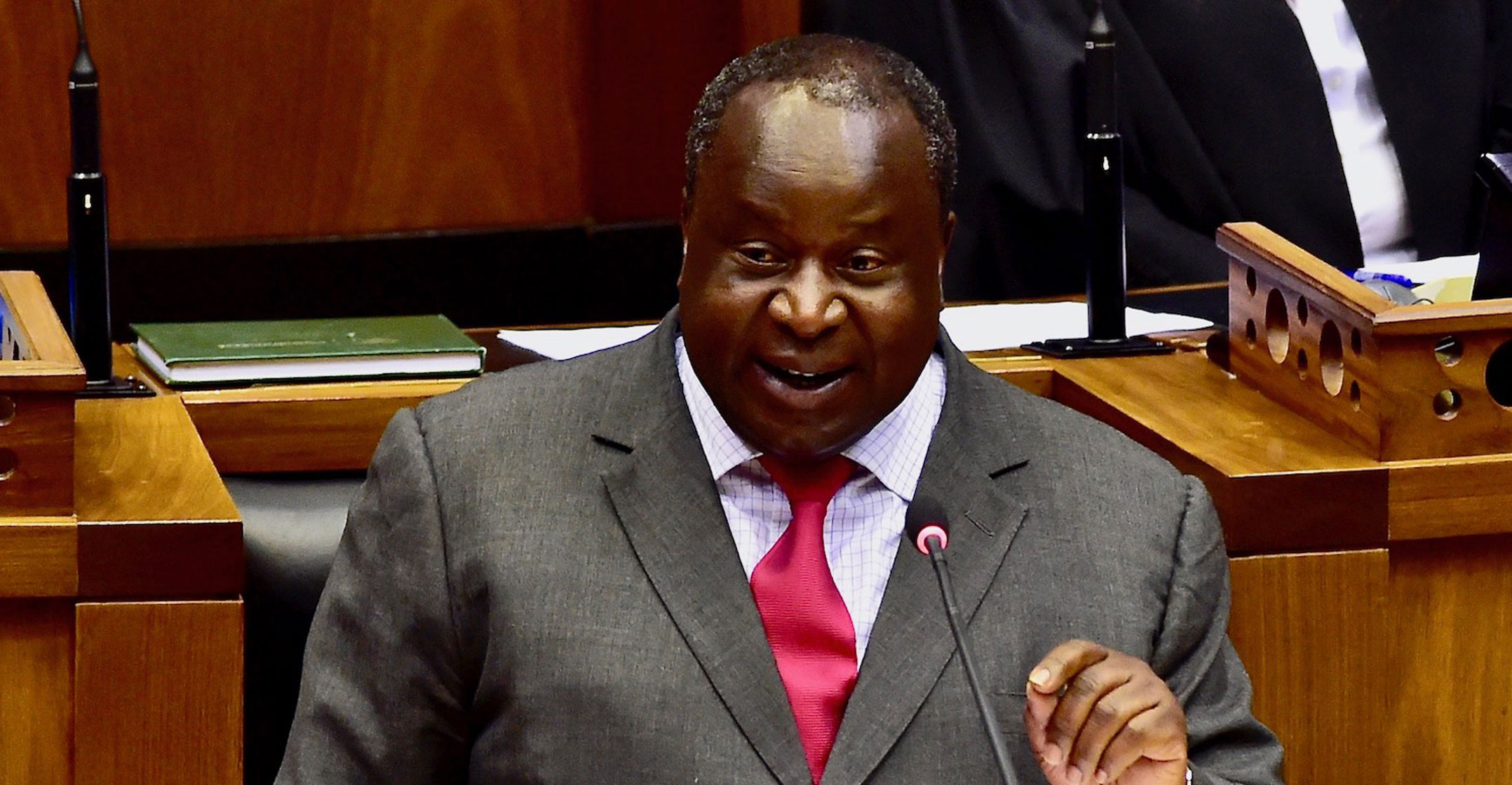
In the 2021 Budget Review tabled with finance minister Tito’s Mboweni’s budget speech on Wednesday, national treasury announced that Section 12J of the Income Tax Act will not be extended past its sunset date of 30 June 2021. Parliament is now faced with the decision whether to accept treasury’s policy and not extend Section 12J, or take an alternative course of action.
Treasury’s primary objection to Section 12J is that the majority of investments supported by the incentive are in what it believes to be “low-risk” or “guaranteed-return” ventures that would have attracted funding without the incentive. This objection seems to relate to businesses like hotels and student accommodation, whose operations are backed by real estate assets and are therefore perceived by government to be less risky.
However, the Covid-19 pandemic has revealed that tourism and student accommodation – for example – are certainly not low-risk investments. In fact, both of these sectors have suffered terribly as a direct result of the economic lockdown and will require significant investment to bounce back.
It also needs to be said that most South African investors perceive any onshore investment in our current economic and fiscal situation — especially in new, small businesses — to be fraught with risk. The perceived risk of investing locally is the reason why capital flight is exceptionally high.
The Section 12J tax incentive, which was introduced by government with a view to creating jobs and developing small businesses, is an ideal mechanism to help stop capital flight because it incentivises investors to keep their money in the country. This money is then invested in venture capital projects that help grow the economy and create jobs. Our concern is that the ending of the 12J incentive will precipitate and accelerate the flight of capital out of South Africa.
Too short
Treasury’s position on Section 12J’s economic impact seems to be based on anecdotal evidence over a short period of time. The majority of 12J investments were made in the past two years — far too short a period of time to gauge the resultant effects on SMMEs, which, on average, take at least three to five years to become profitable and grow, at which point they begin employing more people. The legislation simply needs to be given more time to operate before any reliable claims can be made about its likely economic impact.
Even so, on treasury’s own conservative statistics, qualifying companies have created 8 239 jobs in a remarkably short space of time, and during a recession. Our research shows that if the 12J incentive was allowed to continue to operate, 45 000 jobs would be created in the next five years.
We stand by our view that the Section 12J incentive has been extremely beneficial for the South African economy. By revoking the 12J incentive, treasury is effectively inviting investors to put their money elsewhere.
 The 12J Association certainly does acknowledge that the incentive could be targeted better to ensure that only investment into certain high-risk sectors will qualify for a tax deduction. This is something that we could support, and we are open to engaging further with treasury and parliament on how this could be structured.
The 12J Association certainly does acknowledge that the incentive could be targeted better to ensure that only investment into certain high-risk sectors will qualify for a tax deduction. This is something that we could support, and we are open to engaging further with treasury and parliament on how this could be structured.
It would be a profound mistake, however, for the 12J incentive to be summarily removed from the statute books when it has so much to offer in terms of investment, growth and job creation. If there are unintended consequences of the legislation as it is currently, let’s fix these problems so that everybody benefits. It makes little sense to throw the baby out with the bathwater — especially as we begin the rebuild of our economy following the Covid-19 pandemic.
The 12J Association of South Africa believes that the defects identified in the 12J legislation by treasury can be rectified by parliament without completely discarding it. This would take into account treasury’s concerns with the legislation as it stands, while ensuring that the 12J mechanism, which supports local SMMEs and creates jobs, is not lost.
- Dino Zuccollo is chairman of the 12J Association of South Africa
- This article was originally published on Moneyweb and is used here with permission




